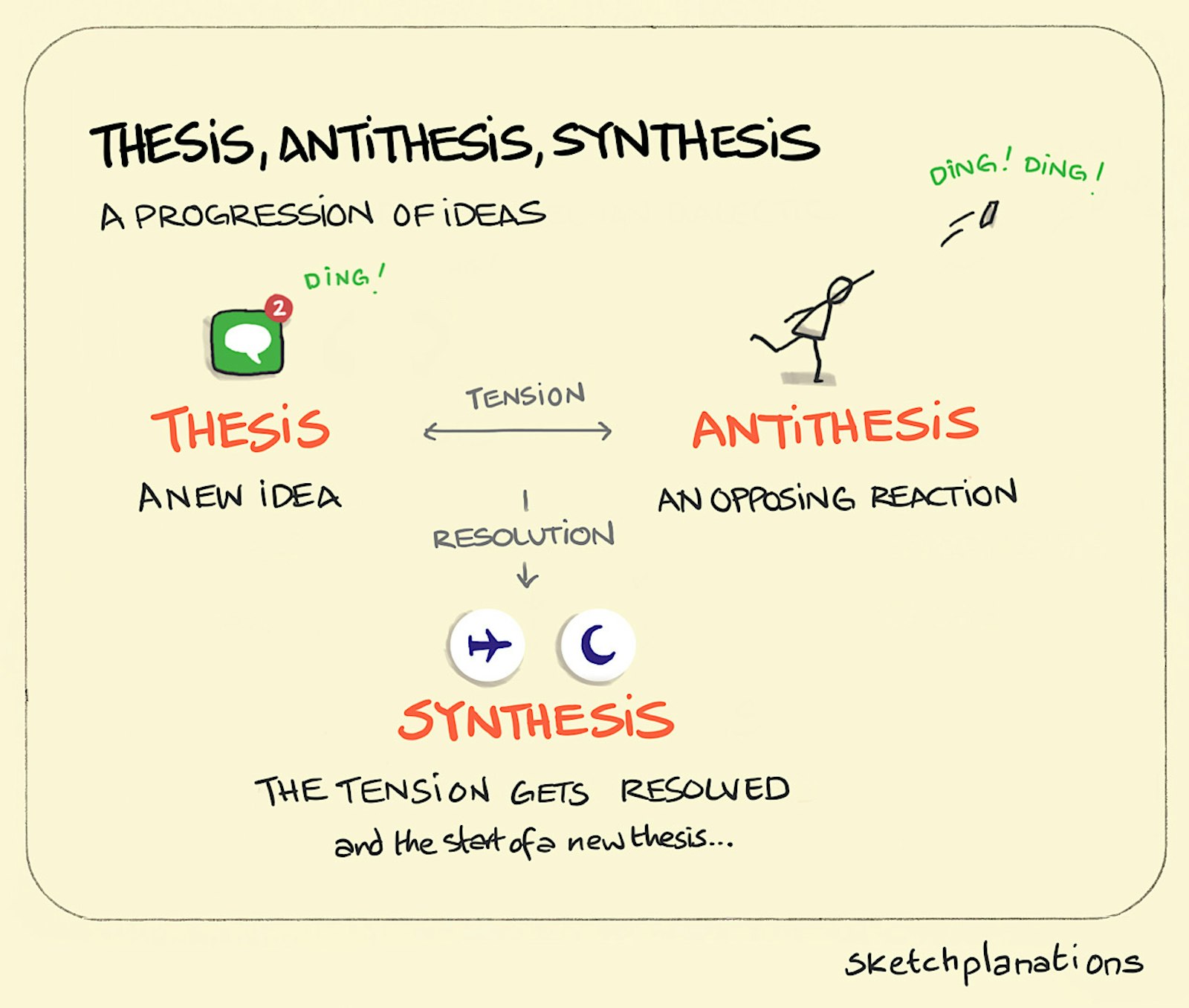
Snerdle
How many things are much nicer than wrapping yourself snugly under the covers in bed and ignoring the world for a little longer? That's the meaning of the 18th-century dialect word Snerdle.
Snerdle (verb) is from Yorkshire dialectologist Joseph Wright's English Dialect Dictionary. He gives the definition of snerdle, with examples, as:
SNERDLE, v. [snə̄·dl.] To nestle closely; to wrap up comfortably in bed; to go comfortably off to sleep. “Snerdle the child up; make it comfortable.” “The children are snerdling together nicely.” “I think the baby will soon snerdle off.”
Shared by British lexicographer and etymologist Susie Dent in her book Word Perfect: Etymological Entertainment Every Day, snerdling suits a grey, chilly, rainy winter day—which is what we have here—or, at times, hiding from current events.
Susie also lets us know: "Snuzzle, snoodge, and snerdle: all verbs in the English Dialect Dictionary for snuggling under the covers as though your life depended on it."
Like snerdling? There's also the old Scottish word hurkle-durkle. Hurkle-durkling is revelling in staying in bed long after you should have gotten up. Aaah, bliss.
More Fun Words
- Apricity: the warmth of winter sun
- Kaffikok: the distance you can travel before needing a cup of coffee
- Vorfreude: the pleasure of anticipation
- Schadenfreude: pleasure at someone else's misfortune
- Greeble: elements that give detail and scale and make something look more advanced
- Word spectrums
- Days of the week: the Norse gods among us
- The Order of Adjectives in English
- Tsundoku: acquiring books and letting them pile up without reading them
- Halfalogue: hearing half of a phone conversation
- The virtuous cycle of exercise and sleep





